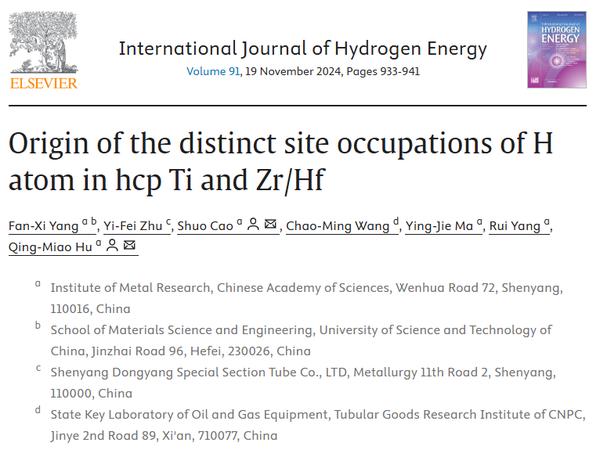Academic Peer Review Ethics: When Reviewers Demand Irrelevant Citations
A bold stance against citation coercion emerged when researchers from the Institute of Metal Research published a paper explicitly stating that 13 unrelated citations were forcibly added at a reviewer’s request.

The academic publishing landscape witnessed an unprecedented event when researchers from the Institute of Metal Research, Chinese Academy of Sciences, took a stand against a controversial peer review practice. Their paper, focusing on hydrogen dissolution in Ti, Zr, and Hf metals, included a startling revelation in its introduction - thirteen citations were added purely at the reviewer’s insistence, despite having no relevant connection to the research.
The paper’s core focus was on the mechanical properties of metal-hydrogen interactions, specifically examining how these metals become glass-like brittle when exposed to hydrogen. However, the demanded citations primarily dealt with nanocatalysis and functional materials, concerning thermal, electrical, optical, magnetic, and chemical properties - topics entirely disconnected from the paper’s structural materials focus.
A deeper investigation revealed a pattern: the thirteen requested citations predominantly featured two Belarus-based authors, Sergei V. Trukhanov and Alex V. Trukhanov, typically as corresponding authors. This striking commonality strongly suggested that one of these individuals was likely the reviewer in question.
The incident highlights several critical issues in academic publishing:
- The abuse of peer review power to artificially inflate citation metrics
- The conflict of interest when reviewers use their anonymous status to promote their work
- The pressure faced by researchers, especially early-career scientists, to comply with such demands
- The courage required to publicly expose such practices
This bold move by the Chinese researchers represents a significant shift in how the academic community addresses citation coercion. By choosing to document this demand directly in their paper, they’ve created a precedent for other researchers to challenge similar unethical practices.
The incident has sparked widespread discussion about reforming the peer review process, with many calling for greater transparency and accountability in academic publishing. Some suggest implementing open peer review systems, similar to platforms like SciPost, where the entire review process becomes publicly accessible after publication.
The paper itself, with DOI https://doi.org/10.1016/j.ijhydene.2024.10.197, stands as a testament to the changing dynamics in academic publishing, where researchers are increasingly willing to challenge established but problematic practices.
The academic community’s response has been overwhelmingly supportive, recognizing this as a crucial moment in addressing longstanding issues in peer review. It sets an important precedent for future cases where researchers face similar pressure to include irrelevant citations.